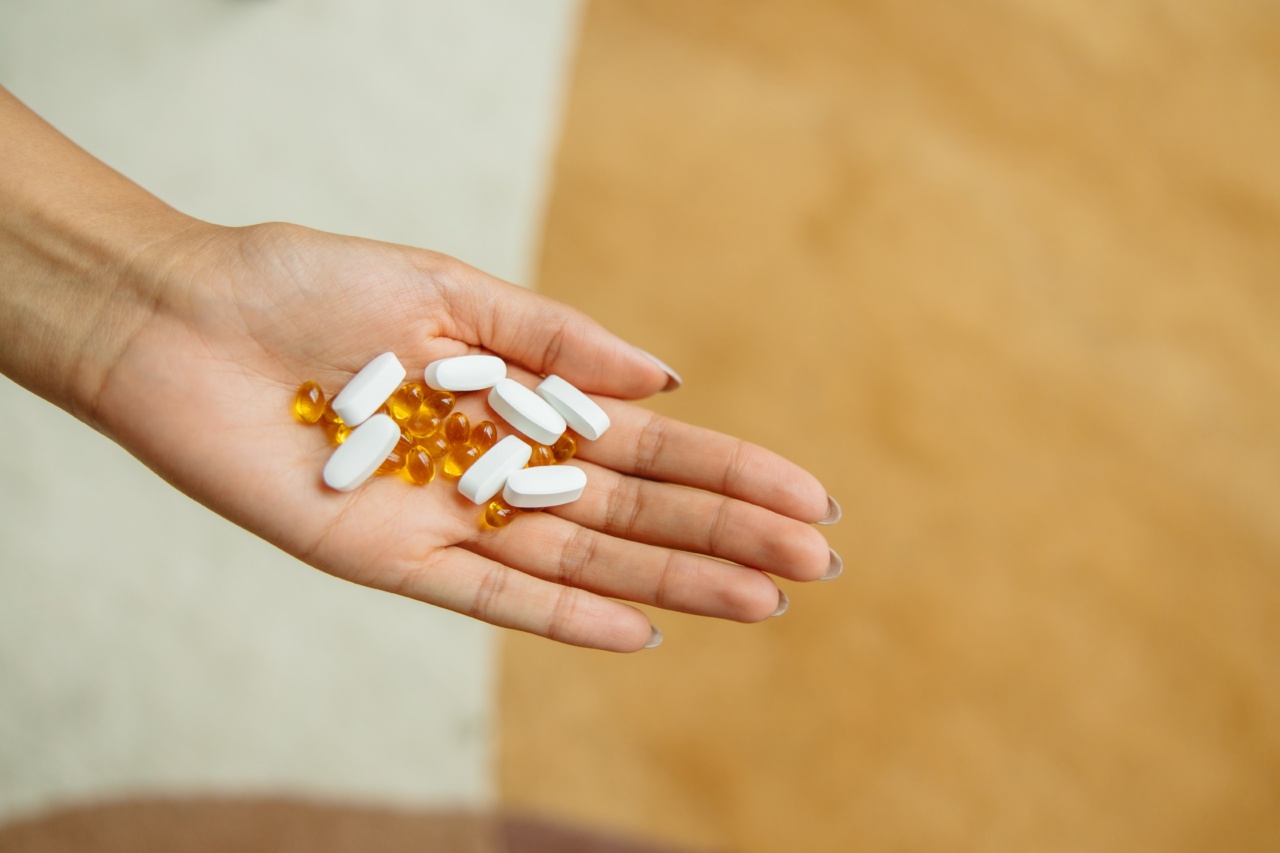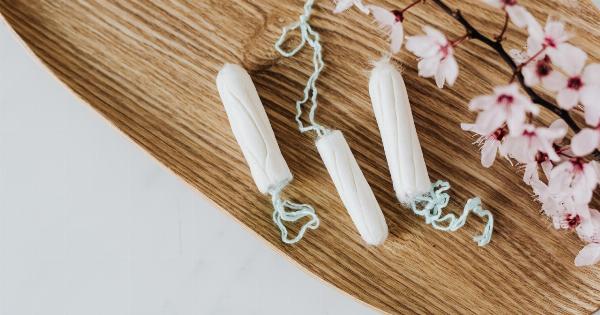Period pain can be a challenging and uncomfortable experience for many women. It’s a common condition that usually accompanies menstruation, and it can range from mild discomfort to severe and debilitating cramps.
While there are many over-the-counter medications available to alleviate period pain, natural remedies can also provide relief. Here are some tips on how to get relief from period pain naturally.
Drink plenty of water
Dehydration can cause cramps and make period pain worse. Drinking plenty of water can help keep the body hydrated and reduce cramping. Women are encouraged to drink at least eight to ten glasses of water per day.
Drinking herbal teas and coconut water can also help keep the body hydrated.
Exercise regularly
Regular exercise can help ease period pain. Exercise increases blood flow to the pelvic area, which can help ease cramps. Yoga, stretching, and cardiovascular exercises are effective for managing period pain.
Women are encouraged to exercise for at least 30 minutes every day.
Heat therapy
Heat therapy is a popular and effective way to relieve period pain. Applying a heating pad or hot water bottle to the lower abdomen can help ease cramps. Heat therapy works by increasing blood flow to the area, which helps reduce pain and cramping.
Women can also take warm baths or showers to relieve period pain.
Essential oils
Essential oils have been used for centuries to alleviate pain and inflammation. Some essential oils, such as lavender and chamomile, have been found to be effective for reducing period pain.
Women can apply a few drops of essential oil to a warm compress or add the oil to a warm bath to relieve period pain.
Herbal remedies
Many herbs have been used for centuries to treat menstrual problems. Some of the most effective herbs for period pain include ginger, cinnamon, and turmeric. These herbs have anti-inflammatory and pain-relieving properties.
Women can drink ginger tea or add cinnamon and turmeric to their meals to alleviate period pain.
Diet Changes
Certain dietary changes can help alleviate period pain. Eating a balanced diet rich in vitamins and minerals can help reduce inflammation and ease cramping.
Women should include foods such as whole grains, leafy green vegetables, lean proteins, and healthy fats in their diet. They should also avoid processed foods, sugary drinks, and foods high in salt.
Acupuncture
Acupuncture is a traditional Chinese therapy that many women use to manage period pain. Acupuncture involves the insertion of fine needles into specific areas of the body, which stimulates the nervous system and promotes healing.
Acupuncture has been found to be highly effective for reducing period pain.
Meditation and relaxation techniques
Meditation and relaxation techniques, such as deep breathing and visualization, can help reduce stress and tension, which can exacerbate period pain. These techniques can also help lower inflammation and reduce pain.
Women can practice meditation and relaxation techniques for at least 15-20 minutes each day to manage period pain.
Massage therapy
Massage therapy can help relax muscles and ease cramping associated with period pain. Women can book a professional massage or use a self-massage tool, such as a foam roller or massage ball, to alleviate period pain.
Massage therapy not only helps ease period pain but also improves mood and reduces stress levels.
Avoid alcohol and caffeine
Alcohol and caffeine can exacerbate period pain and make symptoms worse. Women are encouraged to avoid alcohol and caffeine in the days leading up to their period and during menstruation.
Instead, they should drink herbal teas, water, and coconut water to keep their body hydrated and reduce cramping.































